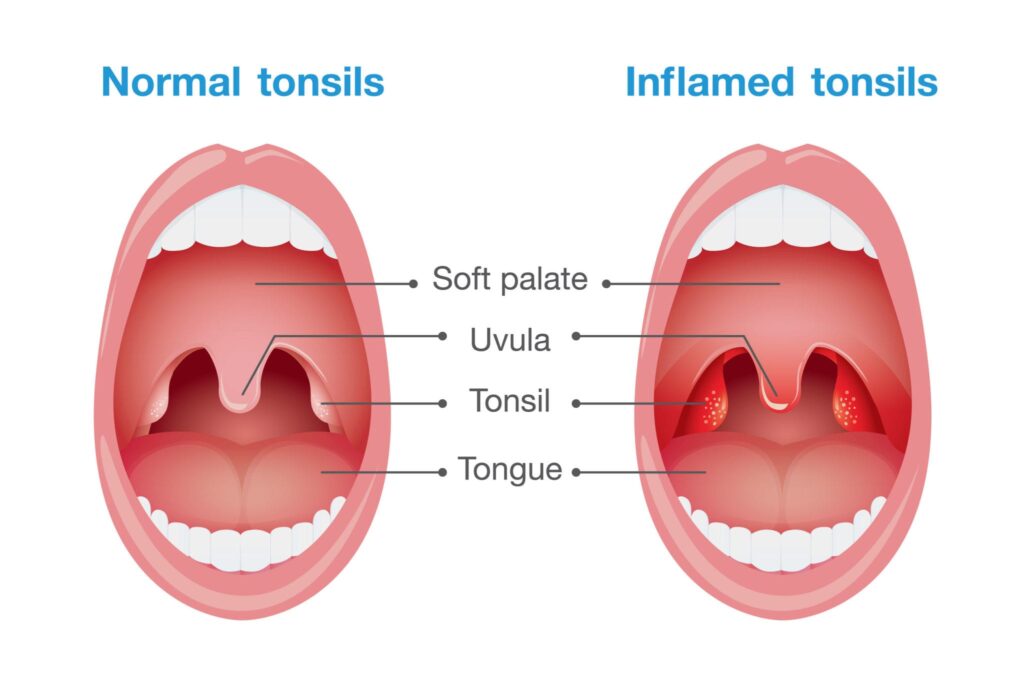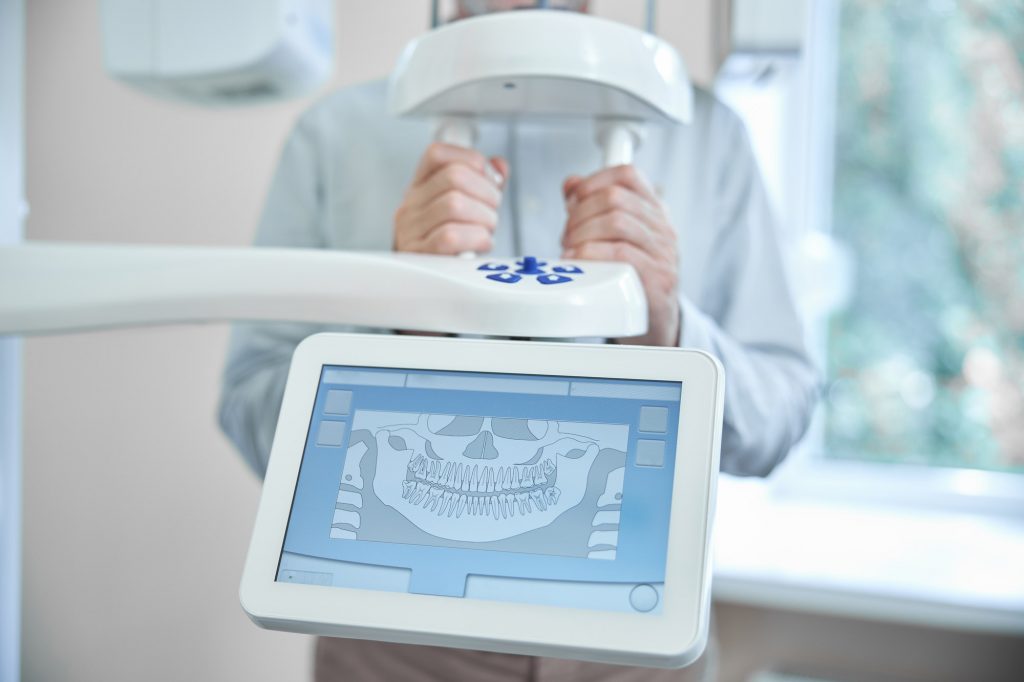Cause
The cause of the morning smell can be as simple as poor dental hygiene, especially if it leads to complications. Tooth decay or a "rotten tooth" can cause bad breath that can be even worse in the morning.
However, certain underlying chronic conditions not directly related to the mouth can sometimes be responsible for an unpleasant breath odour.
For example, undiagnosed diabetes can be a cause of bad breath. Some infections - such as tonsillitis , sinusitis and bronchitis - and fungal infections of the mouth, lips and tongue can also have an adverse effect on breathing. In some cases, liver or kidney disease can lead to bad breath.
A person will experience other symptoms alongside the bad breath if the underlying condition is the cause.
Treatments
People can often improve their morning breathing by doing the following:
Keeping the mouth clean
A person can cure the morning smell improving his dental hygiene.
Brushing the teeth twice a day and cleaning between them with floss or interdental brushes can keep oral bacteria under control. A person can also use mouthwash to clear bacteria from the mouth.
A study on the effectiveness of mouthwash versus morning breath found that daily use of mouthwash significantly reduced the number of bacteria in saliva. Flossing and mouthwash can also ensure that no food remains in the mouth overnight.
A person can also use a tongue brush as part of their daily brushing routine to remove bacteria from the tongue. Scraping the tongue is a gentle technique, but some people may find it uncomfortable because it can trigger the vomiting reflex.
Anyone who wears removable dentures should take them off at night and clean them thoroughly before wearing them again the next day.
It is also important to make regular visits to the dentist to maintain oral hygiene.
Drink more water
A person may find that increasing their water intake and reducing the amount of caffeine and alcohol they consume leads to an improvement in breath odor.
Staying well hydrated with drinking water can increase the amount of saliva the mouth produces, which will help keep oral bacteria under control.
Caffeine, alcohol and smoking can dry out the mouth. Certain types of drugs can also have this effect.
When to see a dentist
Usually, you don't have to worry if you wake up with morning sickness.
However, if a person finds that their morning breath does not go away with conventional treatments, such as improving dental hygiene and keeping the mouth from drying out, they may need to seek advice from a dentist.
A person should see a dentist if:
- have a constant bad taste or smell in their mouth
- experience other symptoms along with bad breath
- spit blood when they brush their teeth
Blood in saliva after brushing the teeth may be a sign of gum disease and requires medical treatment. If the dentist determines that the odor is not due to oral factors, he or she may advise the patient to see a doctor.
A person may experience poor mental health and self-esteem if they know they have morning breath. They may feel constantly stressed about having bad breath, which can negatively affect their social life and relationships.
Summary
Η morning bad breath is very common in the general population and usually does not last long.
A person should seek medical advice if their bad breath does not go away or if they are experiencing symptoms of an underlying condition that may also be causing bad breath.



























